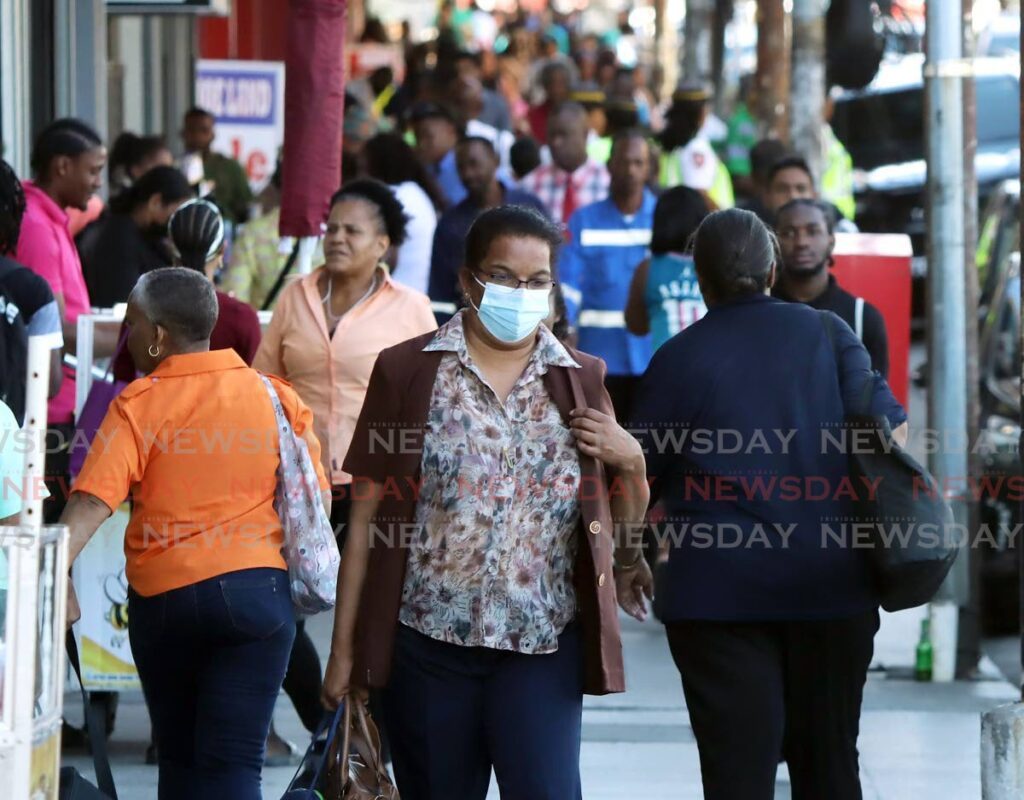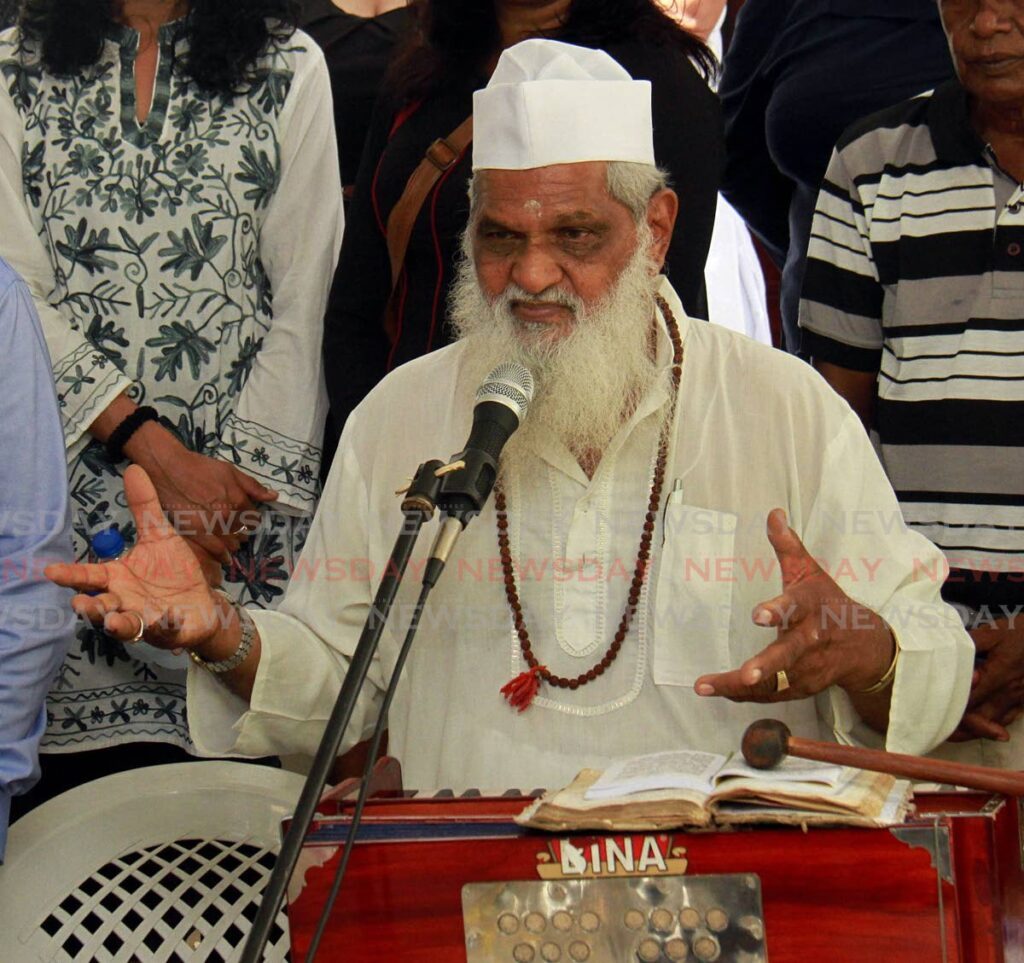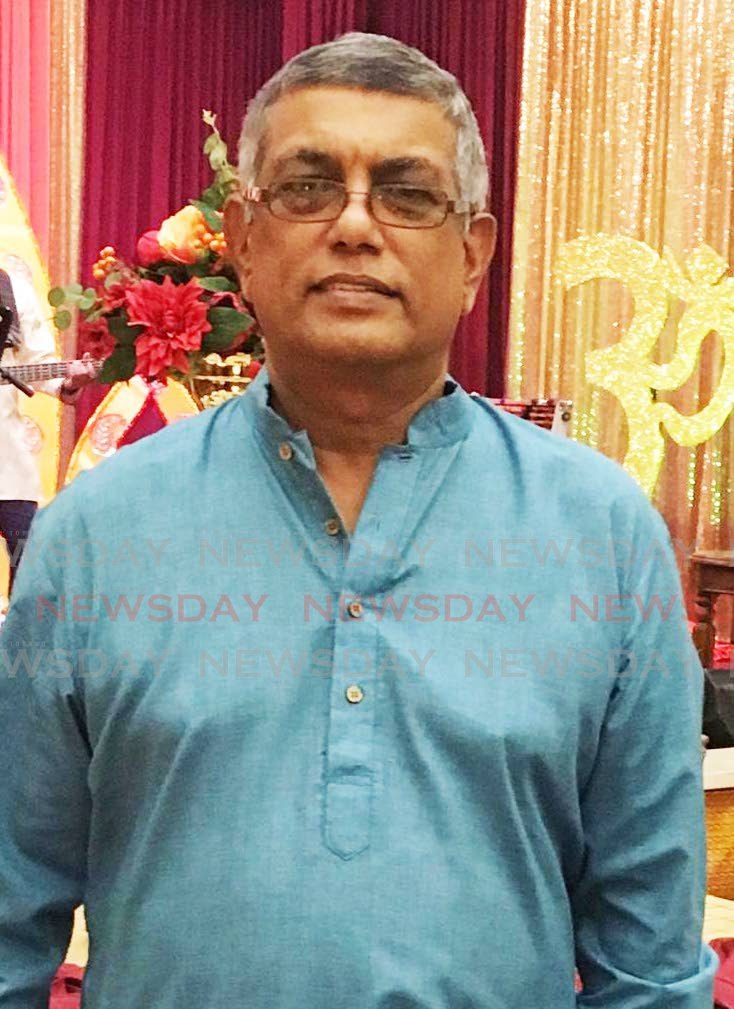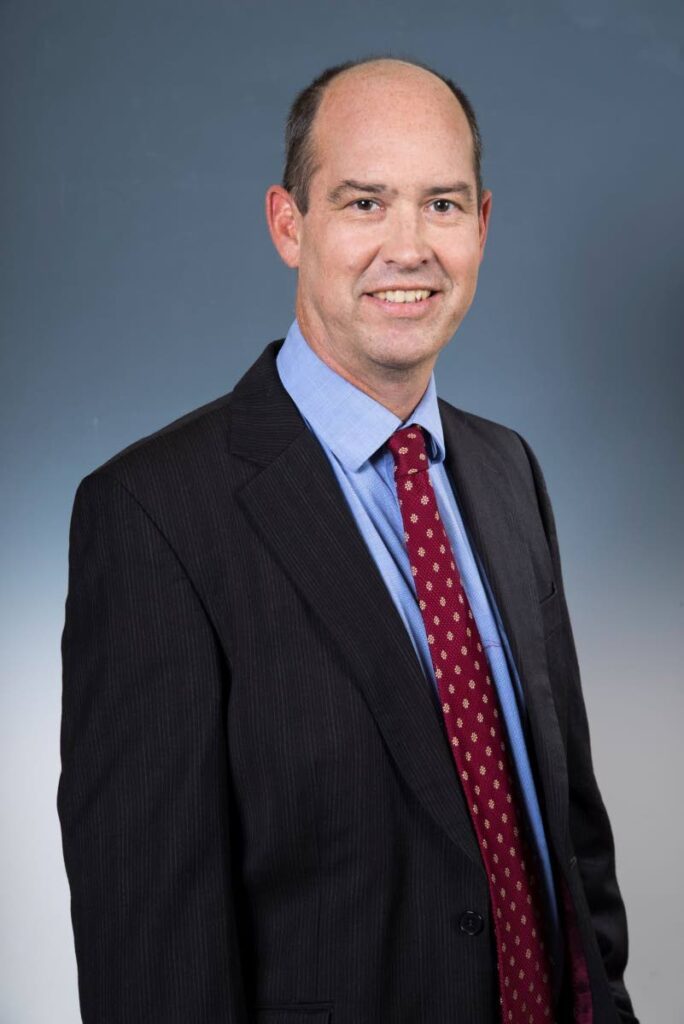Religious bodies reintroduce covid protocols

RELIGIOUS organisations have reverted to covid19 protocols in places of worship and schools amidst fears of a surge in cases.
On Saturday, the Inter-Religious Organisation (IRO) held a virtual meeting, advising members to reinstitute measures such as sanitisation and mask-wearing where possible.
IRO head Pundit Lloyd Mukram Sirjoo said they were prompted by Health Minister Terrance Deyalsingh's recent revelation that six people died and 13 were hospitalised from the virus within the last four weeks.

"Our membership was reminded about the present situation and the information that we are getting from the ministry now that this thing is beginning to go forward again.
"So, as a precautionary measure, we are advising our membership to maybe go back to where we were before, go back to sanitising and wearing a mask and so on as a precautionary measure," he said.
Although the minister last week warned against "over-exaggerating" the level of the outbreak, Sirjoo said there is still a level of uncertainty surrounding the disease's spread, especially with Carnival.
He said the organisation is also monitoring developments internationally where there is an increase in some territories.
This is why he said they were not waiting on any official advice from the ministry.
"We want to take in front before in front takes us," he said.
He said the return to protocols is only advice at this point and not mandatory for members. However, he said there was no pushback from the membership during Saturday's meeting.
Sanatan Dharma Maha Sabha (SDMS) secretary general Vijay Maharaj said he expects to speak with his representative to the IRO on Sunday evening. He said the SDMS reinstituted covid19 protocols on January 12 across its schools and religious institutions.

"We have recommended in our schools hand washing if you can't, sanitise (using) sanitisation fluid, face masks optional. We have not talked about social distancing as yet because we do not know what's taking place, if it's the flu or a variant of the flu or if it's covid again taking place.
"So we have done this in our schools. We are taking all the necessary precautions. It's optional with the masks. We don't want to see any immunisation card at this point."
At temples, Maharaj said, they have instituted a register for attendees where their names and contacts are recorded to facilitate contact tracing.
On the same day, the Roman Catholic Archdiocese of Port of Spain's Health, Safety and Environment team issued a bulletin citing the JN1 SARS-CoV-2 strain and seasonal influenza as it recommended parishes exercise "a high level of preventative care to minimise contracting any viral respiratory illness."
On January 16, the Anjuman Sunnat ul Jamaat Association (ASJA) issued a memorandum which implored all places of worship and schools to reimplement covid19 protocols, including remote work where possible.
"We understand the challenges these measures may pose, however, they are essential for the collective well-being of our community. By working together and prioritising safety, we can contribute to mitigating the spread of covid19 and protecting the health of everyone involved," it said.
Last week, the Tobago House of Assembly's Division of Education, Research and Technology ordered schools to return to covid19 protocols amid rising cases of the disease and influenza on the island. In Parliament on Friday, the Health Minister said there were now six deaths, with 13 people warded across three hospitals.
The Health Ministry has since stopped issuing covid19 updates but on Friday, January 19, Deyalsingh said the seven-day rolling average of new cases was less than one.
For the same period in 2023, it was 74 and 918 in 2022 at the peak of the outbreak. With six deaths in four weeks, the rolling average will be significantly less than one.
On January 19, 2023, the seven-day rolling average of deaths was one, 14 in 2022 and one again in 2021. Similarly, there were 172 active cases on January 19, 2023, 18,102 on the same date in 2022 and 338 in 2021.
The minister's case revelation came one day after the Health Ministry confirmed the presence of the JN1 sub-variant of the Omicron strain of SARS-CoV-2 virus in the population through genetic sequencing.
While the sub-variant is believed to be more transmissible, the ministry said there is no evidence that it creates more severe illness. It is now the main variant driving infections in the US, accounting for 85.7 per cent of the cases according to the Centres for Disease Control and Prevention.
Geneticist Dr Nicole Ramlachan does not believe the country's current outbreak does not warrant panic. She agreed with the religious bodies' move to reinstitute covid19 measures, saying extra vigilance will not hurt.
"I think that people in places like large gatherings like churches and schools where people are indoors together, I don't have any issue with them instituting masking and sanitation and those kind of precautions," she said.
The Health Minister's revelation has since sparked public concern over a spike following Carnival. Veterinary virologist at UWI and member of its covid19 task force Professor Christopher Oura predicts there will be a spike in cases following Carnival given the mingling of people, including international visitors and the increased transmissibility of the JN1 strain.

However, he does not believe it will see a repeat of overflowing hospitals like during the peak of the pandemic, given that many would have been vaccinated or exposed to the virus and developed some level of immunity.
"Many people would have had the virus at some point, although the virus has changed and adapted since then. And quite a few people have had vaccination. So it's a much better situation to when we had a naive population. So what we have now is, we also have a virus that is less than less virulent, so it's a much better situation."
He said while the average healthy person may be able to go and enjoy the Carnival season, they also need to be responsible. He said they should continue to be vigilant for symptoms three to four days after Carnival and avoid people in the high-risk group.
"I would say people should go out and enjoy Carnival, of course. But do be aware, do be very, very aware when you're making contact, especially after you've been to Carnival, and you're more likely to have maybe got the virus because of the close proximity of people going home and visiting people. Especially when you've got a slight sore throat or a slight cold even if it doesn't feel that bad and you're able to walk around, think to yourself, this is something that could be covid and I could be infectious and if I go and see my grandmother or my friend who's got diabetes and things like that...I shouldn't go and see them," he said.
Both Oura and Ramlachan emphasised that people should practice protocols as much as possible and get vaccinated against both covid19 and influenza during this time.

Comments
"Religious bodies reintroduce covid protocols"